I am aware that this article may cause discomfort for some individuals, and there may be differing opinions on the matter. However, isn’t it the essence of wisdom, historical understanding, cultural appreciation, and respect for our heritage to acknowledge the impact of colonialism and apartheid on our history?
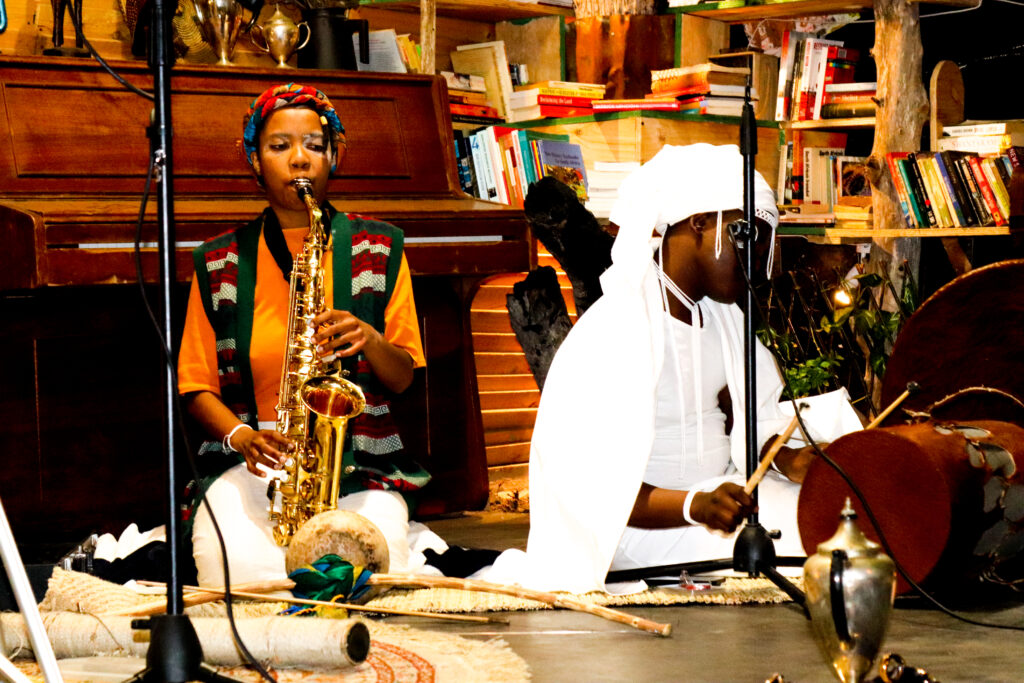
In this viewpoint, I delve into the concept of how a significant portion of our knowledge is gradually stripped away from us, leaving us unaware of our true identity. To illustrate this, I explore the calendar year of the Xhosa people, which commences in June and concludes in May. Although we are accustomed to the Anglican/Roman or Babylonian calendar, I urge you to embrace this opportunity to delve into your historical understanding, to unravel the essence of your origins and personal heritage.
It is important to recognize that making this commitment is a lifelong endeavor. I face challenges in this regard due to the nature of the education system in South Africa. Numerous areas are unclear, which could be a topic for discussion on another occasion.
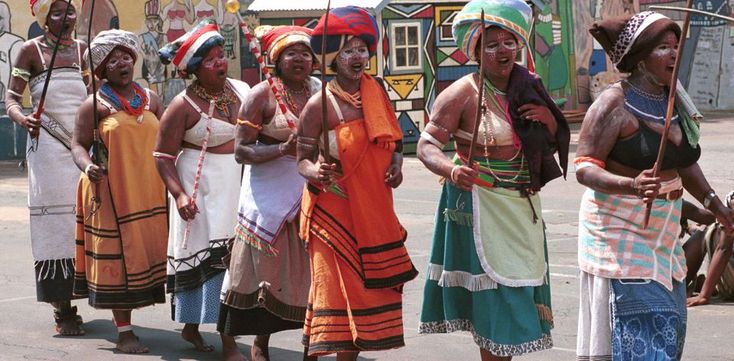
For now, let us focus on honoring the calendar of the AmaXhosa, who are part of the Nguni people in Southern Africa. The majority of the Xhosa people reside in the Eastern Province of South Africa, although there are also Xhosa communities in Zimbabwe and potentially in other parts of East Africa, as the Nguni people are believed to have originated from the northern region of Africa.
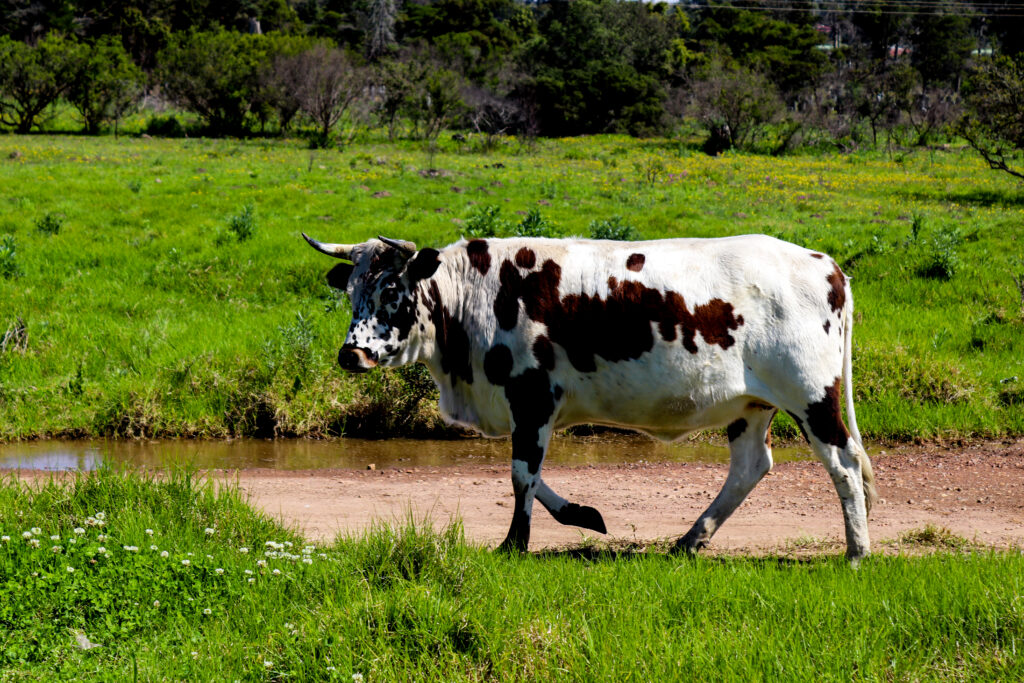
The Nguni people make up approximately two-thirds of the Black population in South Africa. Their history is preserved through their oral traditions, which recount their migration from Egypt to the Great Lakes region of sub-equatorial Central/East Africa. The Nguni ethnic group includes Zulus, Xhosas, Swatis, and Ndebeles. The Nguni languages spoken by these groups are mutually understandable.
EyeSilimela (June), Unyaka oMtsha ‘New Year”
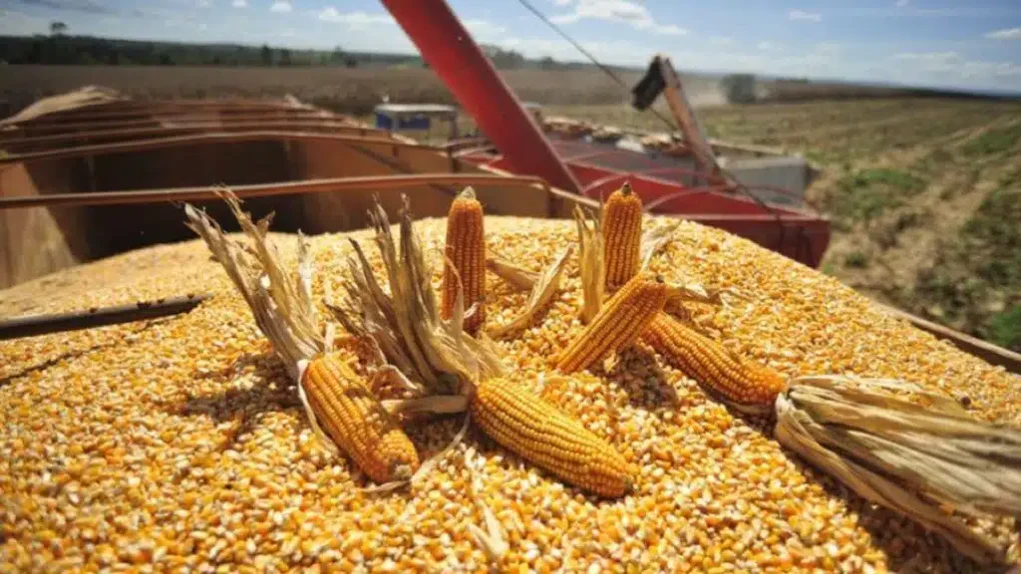
I was raised in the rural areas of the Eastern Cape, specifically in the small town of Ngqeleni, located west of Pondoland. My grandmother, who possessed a wealth of indigenous knowledge, played a significant role in shaping me into the individual I am today. I have not only retained this knowledge but also embraced her teachings, guiding me toward the person I aspire to become in the future. Despite occasional missteps, I have always valued and respected the wisdom passed down to me by my grandmother.
Throughout my years of schooling and despite obtaining numerous prestigious degrees, none of them have enlightened me about the essence of our identity as inhabitants of the land and seas. This lack of knowledge has fueled my growing discontent with the education system in our country, which may also reflect the broader issues faced by the African continent. It is perplexing why we are not educated about our heritage, why our history seems to commence only with colonialism as if our existence before that era is insignificant.
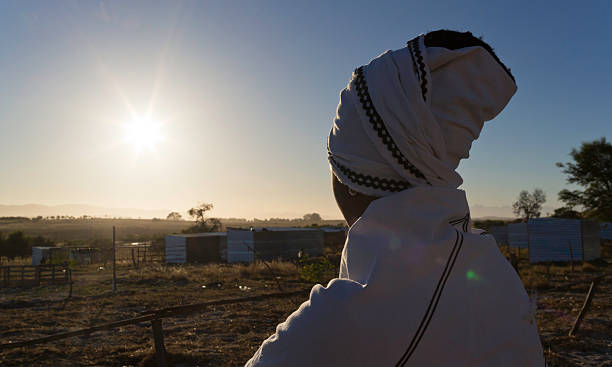
I gained knowledge from my grandmother about the importance of June, which she believed marked the beginning of the year for us instead of January. She would often say, “It’s a Western thing, they say that, not us.”
The dates for the Xhosa Nation to celebrate the new year vary depending on the new moon, but this year it is expected to be on the 21st of June. However, generally speaking, the new year in the Xhosa calendar begins as soon as the new moon appears. A friend of mine provided an example when I discussed this with her, mentioning that we often feel fatigued around this time because it is a period of rest as we prepare for the new year. When I expressed my fatigue since May, she responded by saying, “You should have been resting since May 21st,” as the full moon is anticipated to be around the 21st of June or thereabouts this year.
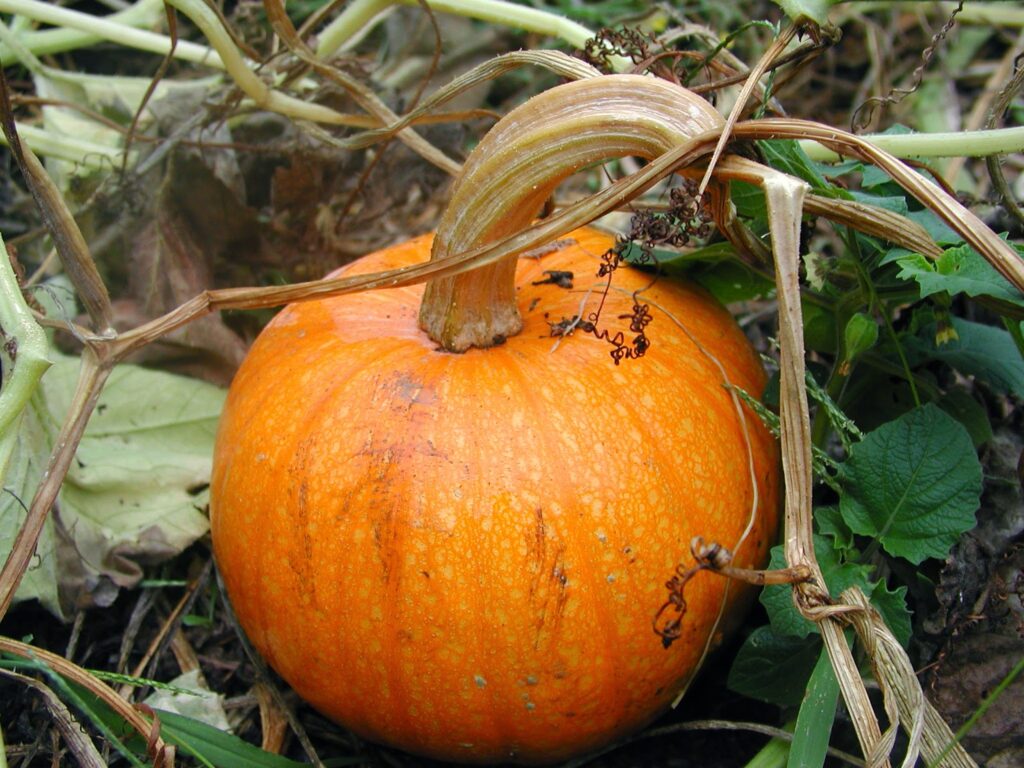
My grandmother used to provide clear examples to explain why June marks the beginning of the new year, such as the act of harvesting. We would indeed harvest in June. The act of harvesting holds a special beauty that brings back cherished memories. If only we could turn back time. However, I vividly remember those days when the community would come together to harvest and indulge in Umqombothi (traditional beer). Some individuals would also slaughter a sheep or a goat and prepare a meal, although it was not mandatory.
The purpose was simply to gather, rest, and celebrate a bountiful harvest season while expressing gratitude to uQamata for another successful year. The Xhosa months of the year are poetically named after stars and seasonal plants found in Southern Africa. Traditionally, the Xhosa year commenced in June and concluded in May, with the brightest star visible in the Southern Hemisphere, Canopus, serving as a signal for the harvesting season.
In contemporary urban settings, the younger generation predominantly employs anglicized renditions of the months. However, in the rural regions of the Eastern Cape, the traditional names continue to be upheld.
- January – EyoMqungu (month of the Tambuki Grass)
- February – EyoMdumba (month of the swelling grain)
- March – EyoKwindla (month of the first fruits)
- April – uTshaz’iimpuzi (month of the withering pumpkins)
- May – EyeCanzibe (month of Canopus)
- June – EyeSilimela (month of the Pleiades)
- July – EyeKhala (month of the aloes)
- August – EyeThupha (month of the buds)
- September – EyoMsintsi (month of the coast coral tree)
- October – EyeDwarha (month of the tall yellow daisies)
- November – EyeNkanga (month of the small yellow daisies)
- December – EyoMnga – (month of the acacia§ thorn tree)